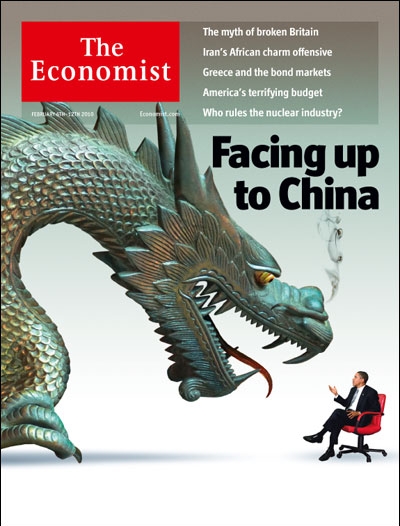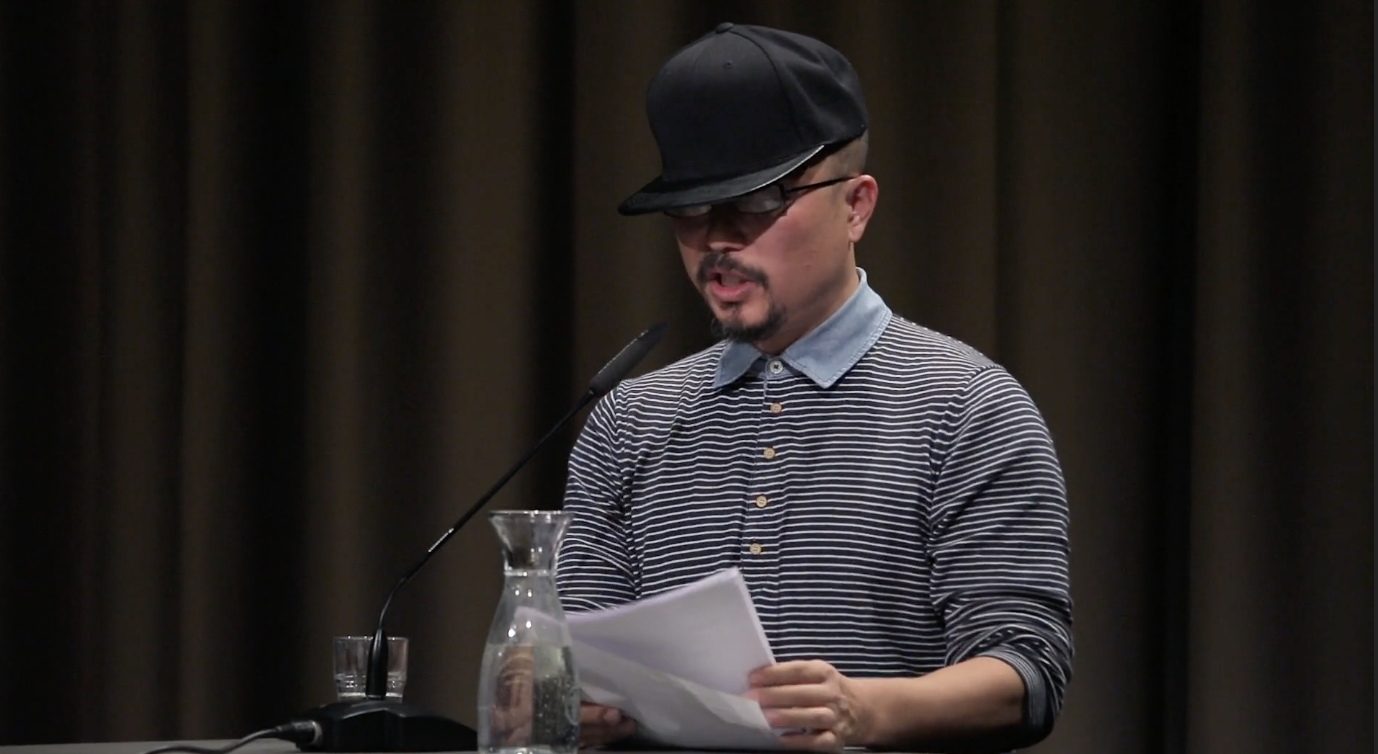Censorship in China and The CIA’s War Against the CPC
DEFEAT CAPITALISM AND ITS DEADLY SPAWN, IMPERIALISM
ecological murder •
Any real understanding of the censorship programs in China can only begin with the history of the war against the Communist Party of China, virtually invisible in the Western liberal capitalist sphere.
When a state has been under ceaseless and constant destabilisation campaigns from an exponentially richer and more powerful enemy that uses every opportunity at subversion, sabotage, colour revolution, funding extremists, arming opposition, regime change, and coup d’etats to destroy their government by any means necessary, this government implements defensive measures such as censorship of enemy-dominated global media, and censorship of political content in culture, which sometimes, without consideration of this history, seem unreasonably harsh.
A fate like those which befell Yugoslavia, Libya, and the USSR was planned for China, in order to subordinate its state to foreign dictates, control its economy under foreign ownership — for the coloniser nations to once again reclaim their lost colonial property.
Part of the reason that the PRC still stands tall today with full independent sovereignty, rapidly improving life for citizens inside and foreign populations outside of its borders, is censorship measures against constant propagandistic violence.
Whether each one of us agrees with censorship, whether some of them may be too harsh or not, this is the reason for them, unless one believes the silly idea that the Chinese government simply “hates freedom”, and that socialism is intrinsically, not due to defensive needs in a cold-war waged against it, repressive.
Listed immediately below is a partial history of the CIA’s War against the Communist Party of China, consisting of a few CIABASE entries regarding NED/CIA operations targeting China during the 2 decades after the death of Mao ZeDong, 1980s and 1990s. Included in this list are only CIA operations in the central regions of the Chinese mainland: not included are many operations from outside of the mainland such as in HongKong, Taiwan, Tibet, Mongolia, or XinJiang. Originally published here, but the article containing this list has since disappeared.
- China, NED, 90–95 China defends human rights in a report that accused the United States and other Western nations of having concocted criticism for sinister political purposes. Washington Post 12/29/95 a2894 China assails US Human Rights policies. China notes its human rights policy is better than the US’s “the incidence of crimes, murders, robberies, rapes, drug abuse and violence and racial discrimination in the US comes first…US had a higher proportion of imprisoned people than China.” Washington post 2/28/94 a18
- China, 93–94 Chinese premier, Li Peng, puts order before rights. He applauded defeat of a UN move to censure China over human rights. He told the congress that his government will not hesitate to slow economic reforms to maintain order. A runaway inflation was a major player in the 89 pro-democracy protests. Leaders of the movement are at crux of Western concern about human rights in China. Washington times 3/11/94 a17
- China, 88–94 Prior to the Tiananmen Square incident, NED had two offices in China that gave regular seminars on democracy. NED sponsored various Chinese writers and publications. Probably NED or CIA recruited numerous Chinese students studying in U S. When Tiananmen Square erupted, NED or CIA probably sent or helped FAX thousands letters to recipients in China, inflamed opinion via Voice of America and sheltered a leading dissident in US Embassy — which also arranged for many dissidents to flee. NED continues to support Chinese dissidents and awards Tiananmen’s “Goddess of Democracy,” to noted dissidents of all nations. In early 94, the US Tried to force China to ease political controls in exchange for continuation of most favored nation (MFN) trade status and called China a violator of human rights. In 5/94, the Chinese police detained 4 members of local association for human rights as one boarded flight to the US. Clinton, bowing to pressure from business interests, separated human rights from China’s MFN status. The July 1992 issue of NED’s journal of democracy announces formation of new underground movement in China — the Free Trade Union of China. The announcement was made by the international confederation of free trade unions, a long-time CIA labor front. CIABASE update report 7/94
- China, 89 The Chinese government arrested representatives of a private American org in Beijing, the Fund for the Reform and Opening of China. George Soros who founded the fund said the Chinese government has detained Liang Congjie. Soros denied any CIA involvement in the fund. Soros, an east European émigré who funds similar programs in Hungary, Poland and the USSR, Founded the China fund in 86 Soros gave the fund $1 million which it used to promote cultural exchanges and sponsor research projects in conjunction with China’s Institute for Economic Structural Reform, an influential liberal think tank supported by Zhao. Allegations that the China Fund was a tool of the CIA surfaced in 87 Washington post 8/8/89 a4
- China, 94 NED grant to Laogai Research Foundation to continue investigations into China’s prisons and to publish an undated Laogai Handbook exposing the system. National Endowment for Democracy Annual Report 94 49
- China, 84–90 NED, China Perspective, Inc. To continue publication of “The Chinese Intellectual” (TCI) and support for Chinese students in west. Launched in 84 with NED support, TCI is a Chinese language quarterly promoting open discussion of democra tic values, institutions and issues important to China. Originally targeted at mainland students studying in West, Journal moved its offices from New York to Beijing in 88 and began distribution in China. Center in Beijing hosted discussions on democracy in China. In wake of June 3–4, 89 events in Tiananmen square, editorial offices moved back to New York and China Perspective has begun providing support for Chinese students in West who cannot, for political reasons, return to China. National Endowment fo r Democracy Annual Report 89 16, 90 20
- China, 93–95 On 6/19/95 Chinese authorities detained NED grantee Harry Wu. He was charged with spying and found guilty and sentenced to 15 years in prison and expulsion. He left 8/24/95, Wu is executive director of the Laogai Research Foundation, fu nded by NED. He testified before Congress on 4/3/95 — testimony given. National Endowment for Democracy newsletter Summer 95 4–5
- China, 95 At a ceremony on 5/2/95, NED presented 95 democracy award “Goddess of democracy” to Monique Mujawamariya of Rwanda, Elena Bonner and Sergei Kovalev of Russia, and Sergio Aguayo of Mexico. National Endowment for Democracy newsletter summe r 95 1
- China, Africa, 94 In 10/94 NED’s forum for democratic studies, sponsored. a day-long conference for political change in China. Meeting attended by 35 Leading scholars, government officials, foundation executives, and Chinese emigrés. 12/7/94. Forum held conference on Nigeria. It brought together 35 scholars, government officials, and human rights advocates, and representatives of Nigeria’s democracy movement. Journal of Democracy (NED) 1/95
- China, 89 In Nanjing students had boom boxes turned high to the Voice of America as it described events in China. The most effective dispenser of truth was Voice of America which stepped-up programming in Mandarin to 11 hours a day. VOA said they us ually have 60 million regular listeners in China. In the crisis the number may have been as high as 400 million. In early June VOA cameras started beaming the service’s first TV news program Via satellite to about 2000 dish antennas in China. Most of t hem at military installations, but that’s exactly the point, said VOA director Carlson: to make sure a major player in the power struggle, get an accurate account of what is going on. Newsweek 6/19/89 p29
- China, 85 “Chinese Intellectual,” launched with NED support in 84. Magazine published in New York city by a group of writers and scholars from China. Editor is Liang Heng, who authored “son of the revolution.” Editorial board composed of distingu ished American and Chinese writers — John k. Fairbanks and Andrew Nathan, Sidney hook, and social scientists Irving Horowitz and Seymour martin Lisped. Original target audience was More than 10,000 students from China. Magazine opening office in Beijin g. National endowment for democracy annual report 1985 23–4
- China, 86 NED — “China perspective, inc., to continue publication of “the Chinese intellectual.” This quarterly journal sought to promote discussion. Of democracy among 10,000 Chinese studying in US And Europe. It also now works with reform elements inside China. National endowment for democracy Annual report 86 14
- China, 92 NED grants supported ten publications in China that focused on Labor, market economics, democratization movements inside and outside China, democratic process and development of pluralistic and civil Societies. National endowment for democracy annual report 1992 42
A few books detailing chapters in this long history outside of these 2 decades:

The CIA and Third Force Movements in China during the Early Cold War
APPENDIX
He Zhao: The Beat Continuum: The Socio-Political Evolution of Rhythm
Lecture, April 29, 2018 English original version More information: https://www.hkw.de/en/beat Film and production: David San Millán
![]()
Print this article
Unfortunately, most people take this site for granted.
DONATIONS HAVE ALMOST DRIED UP…
PLEASE send what you can today!
JUST USE THE BUTTON BELOW
[/su_spoiler]
![]() Don’t forget to sign up for our FREE bulletin. Get The Greanville Post in your mailbox every few days.
Don’t forget to sign up for our FREE bulletin. Get The Greanville Post in your mailbox every few days.
[newsletter_form]
[premium_newsticker id=”211406″]

This work is licensed under a Creative Commons Attribution-NonCommercial 4.0 International License

